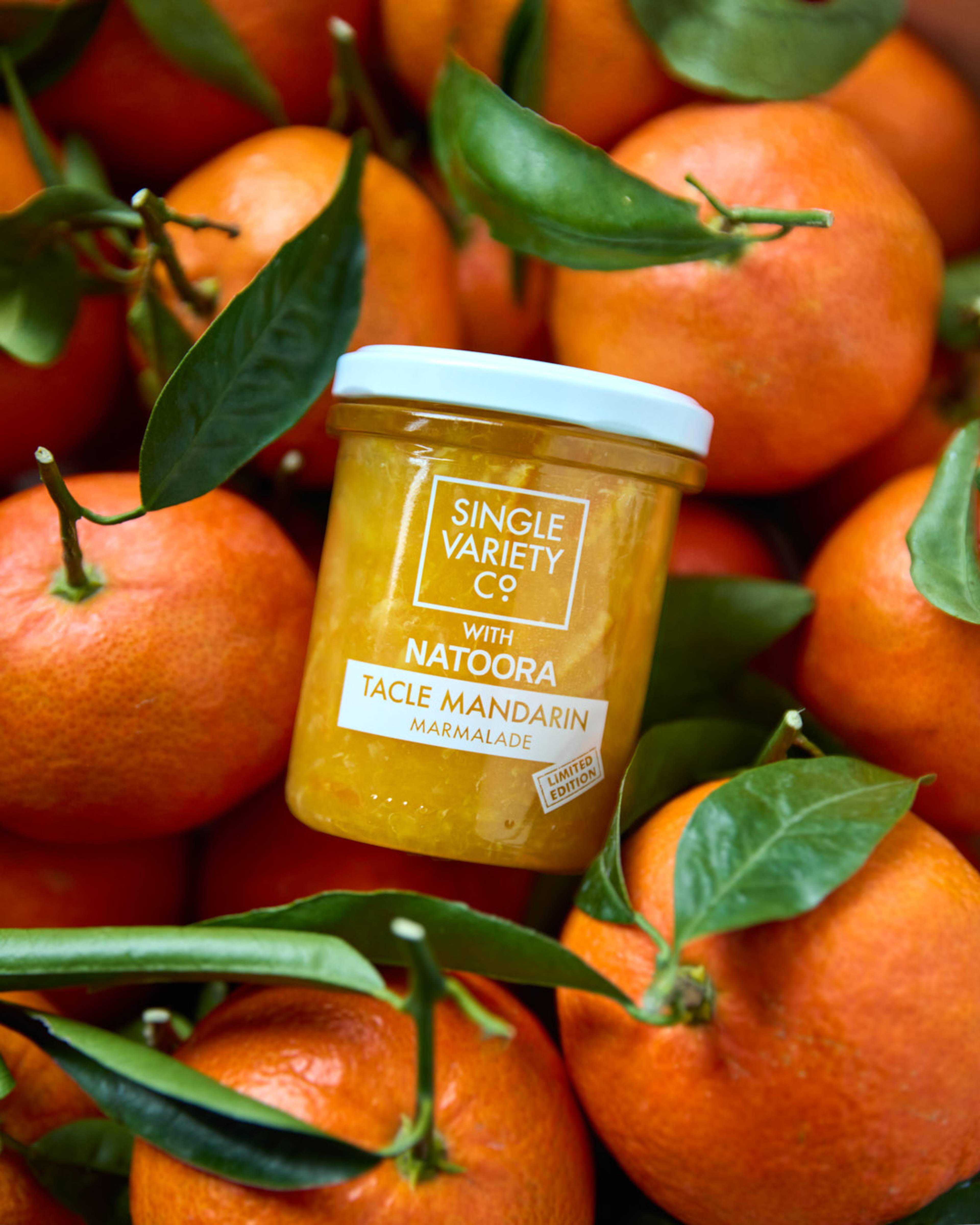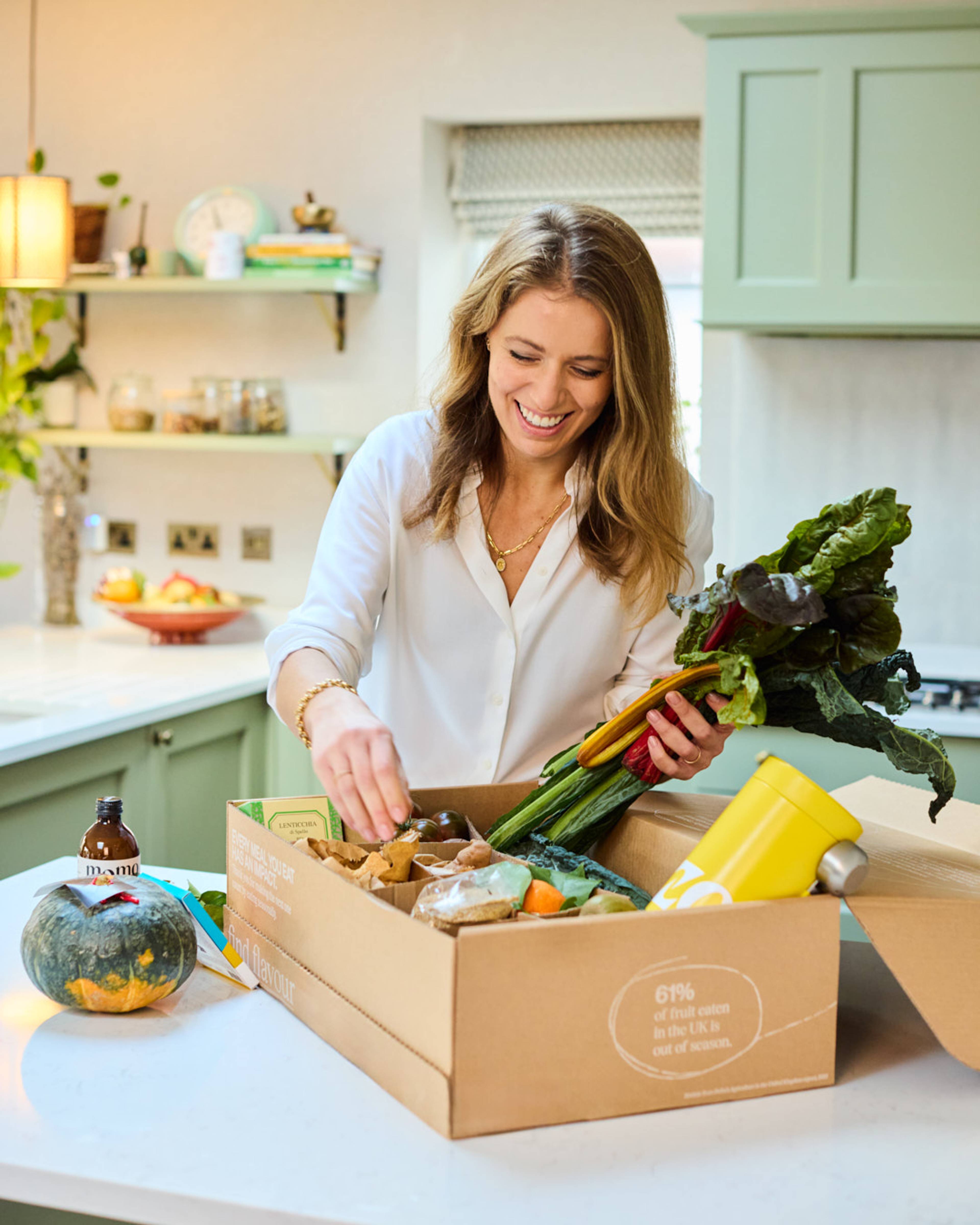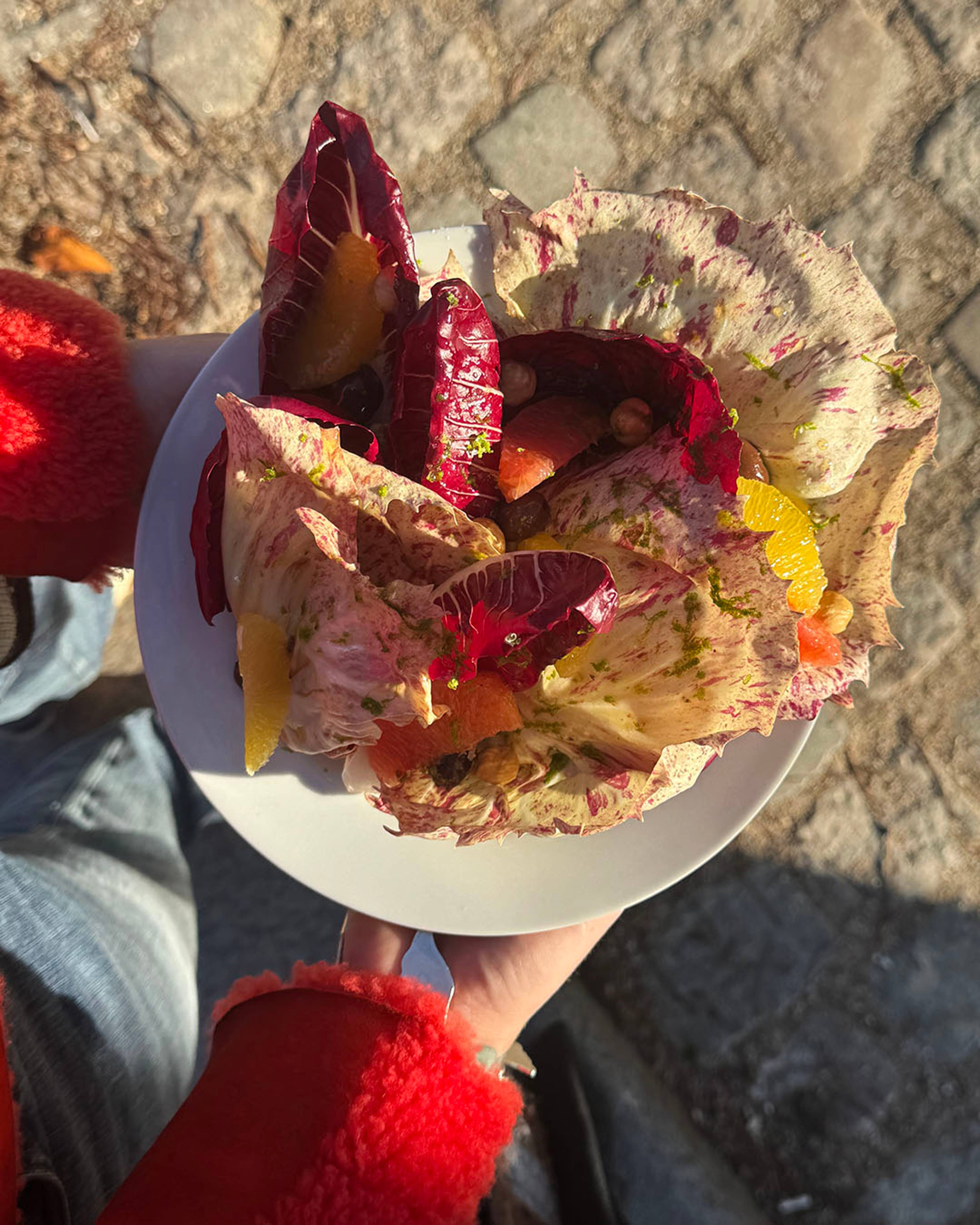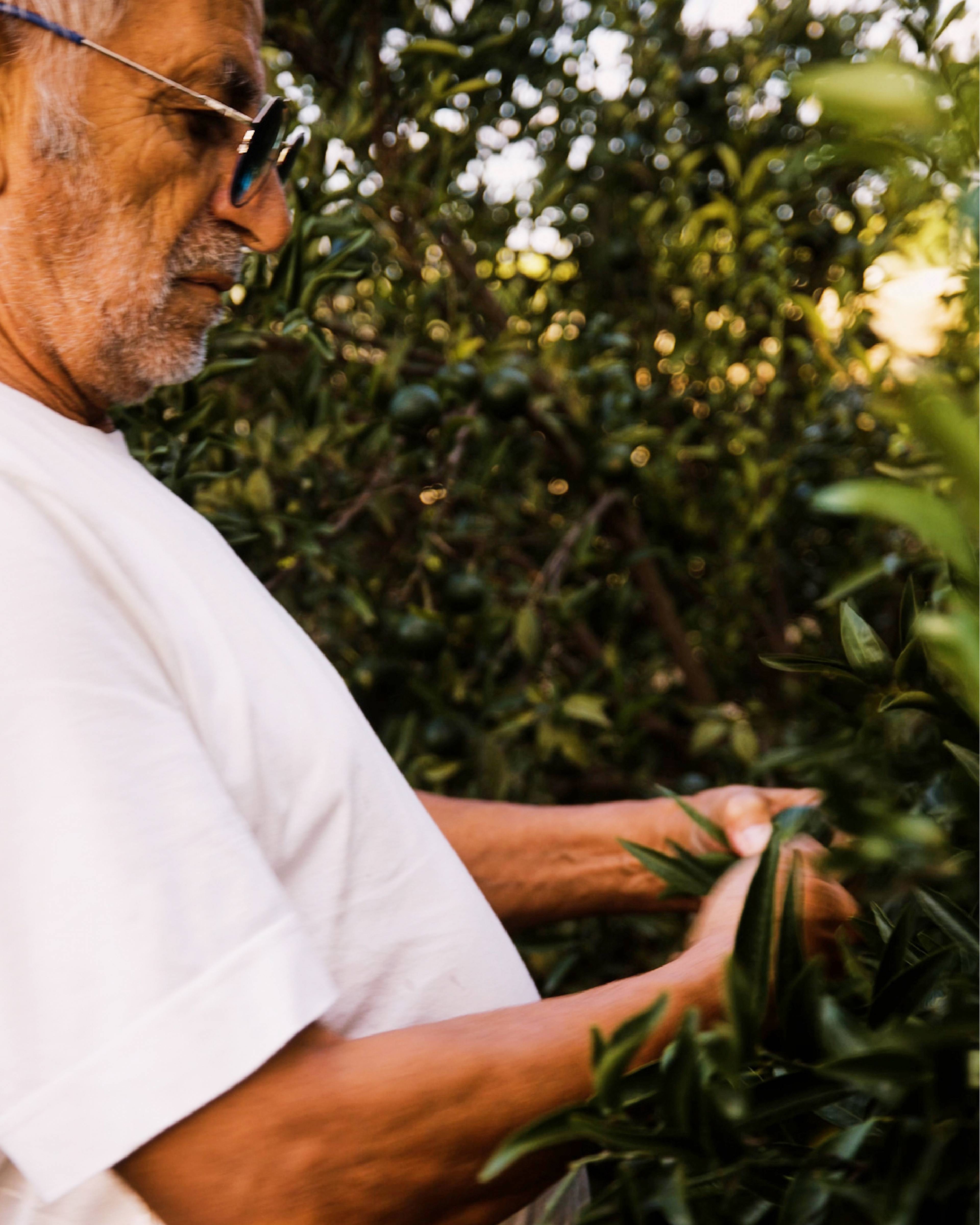EARTH DAY TALES OF RESILIENCE

From Sussex to Perpignon, California to Melbourne.
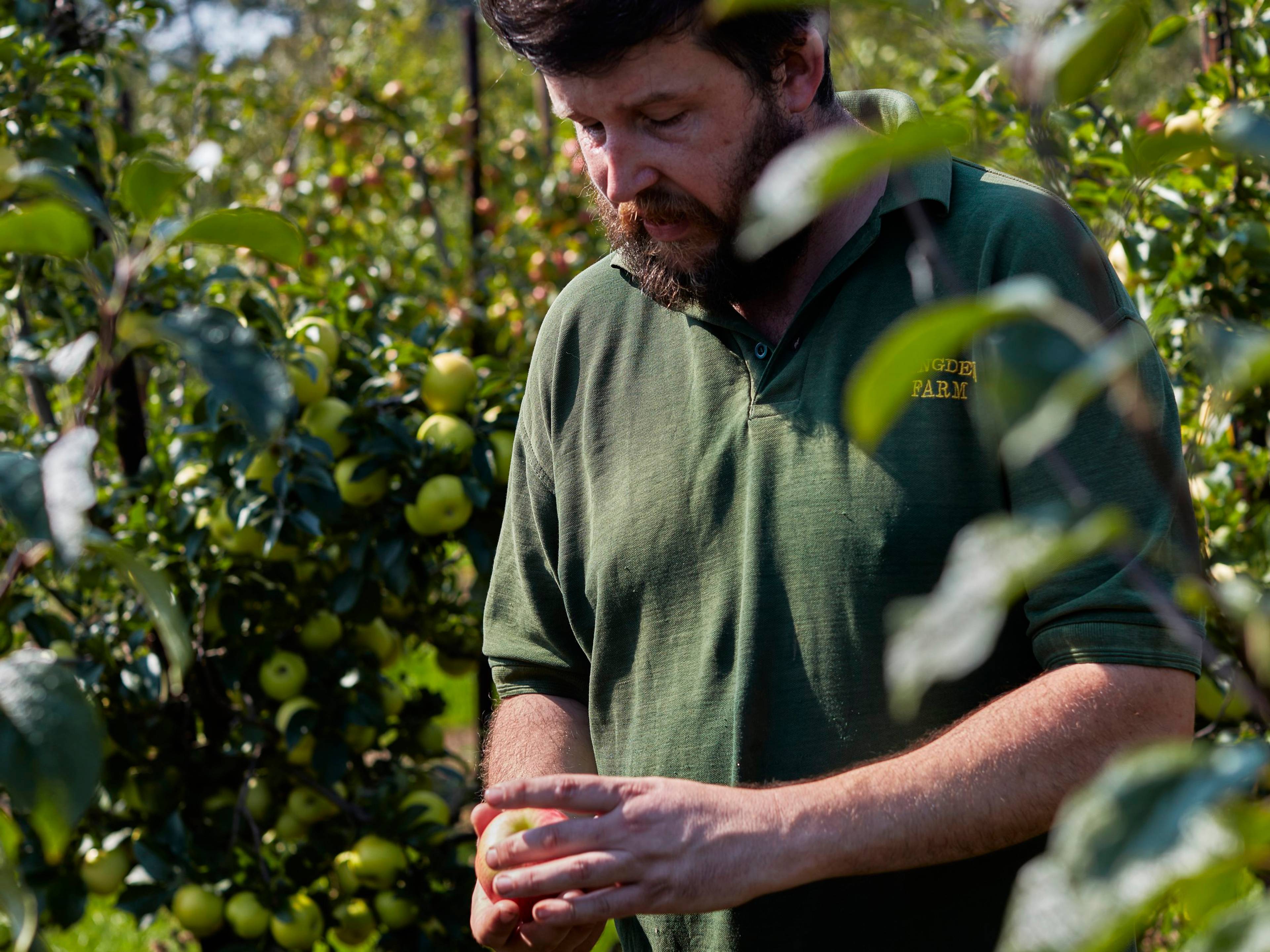
“We will be ok because of the way that we work and have diversified over the years.”
John, East Sussex, UK
In East Sussex, nine weeks without rain put John’s orchards under extreme stress: ‘one of the driest summers I can remember.’ It was so hot the Discovery Apples ‘became soft, essentially cooking on the tree’ while the extreme weather also decimated other varieties like Worcester Pearmain and Egremont Russet.
Where most modern orchards will grow no more than six varieties, John has kept his orchard varietally diverse, nurturing old trees and planting newer ones to grow over 60 varieties in as many acres. This varietal diversity was key to his resilience as certain apples were better able to withstand the dry conditions, helping John balance his losses.
Plus, the older trees’ strong root systems helped them draw up moisture from deep below the parched ground while some of the modern varieties on his younger trees were better able to cope with the prolonged heat.
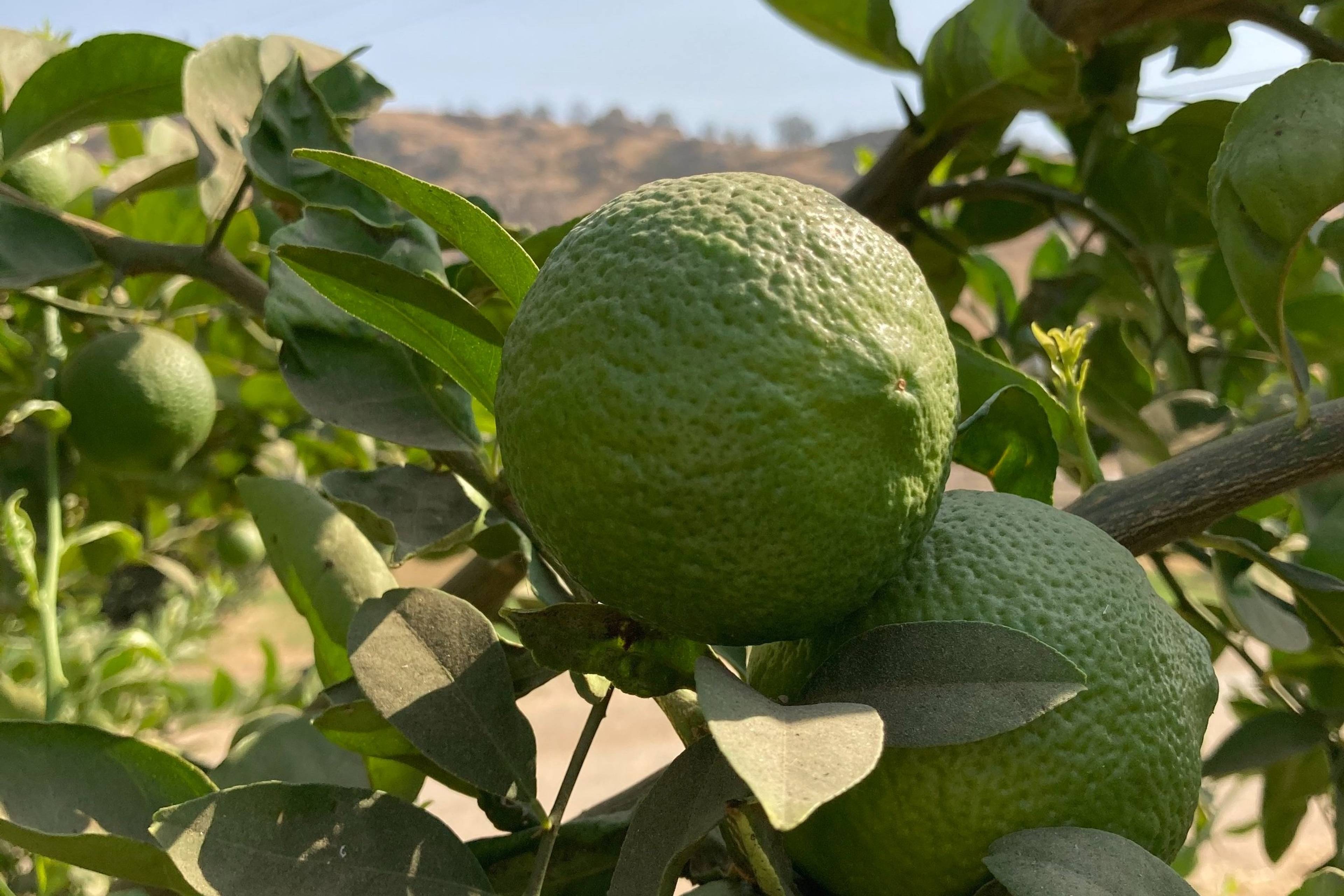
In taking the risk of harvesting Green Citrus for us, Greg gets a head start on citrus season.
The climate crisis has exacerbated the swing between extreme drought and relentless rainfall in California. Following three years of drought, the state has been hit with 12 atmospheric rivers over the past few months. For many of our growers — who both welcome the water and suffer from the deluges – this has meant a winter full of uncertainty and for Greg, the loss of an entire crop.
In mid March Greg’s Meyer Lemons were wiped out by the storms. While most citrus growers harvest from December, Greg’s ability to see the value in Green Citrus meant an income for his Meyer Lemons from October.
He harvested some of his Meyer Lemons in their ‘green’ phase – along with his Cara Caras and Minneola Tangelos – when oils are at their most potent and the fruits offer up a volatile profile with huge culinary potential. In the face of extreme weather, recognising the value of a previously untapped stage of maturity proved vital for Greg’s resilience this year, while bringing unique flavours to the fore.
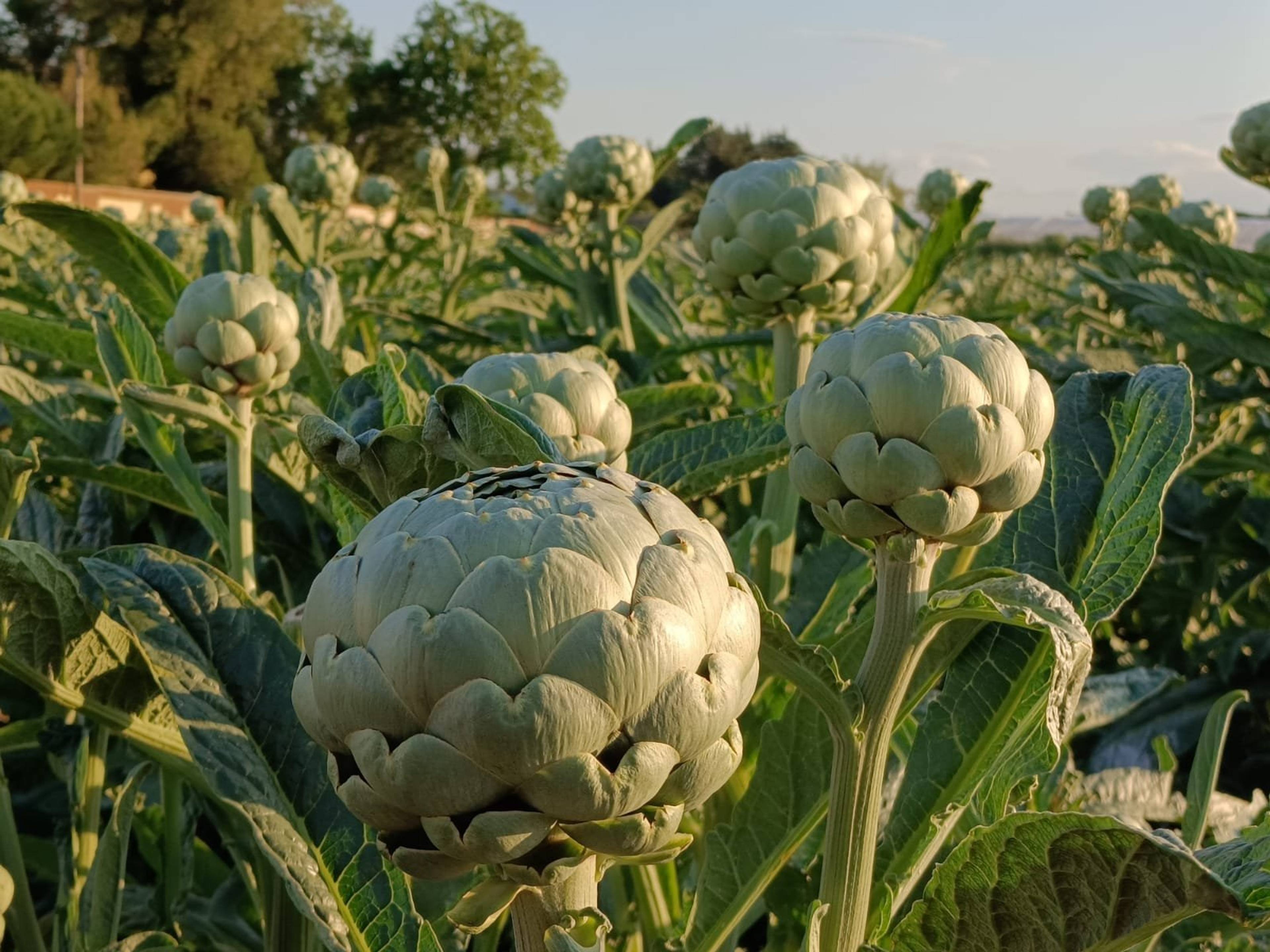
“Healthy plants do not need to be treated and plant health starts in the soil.”
Roger, Perpignan, France
In Perpignan, southern France, Roger has seen unprecedented heatwaves, coupled with no significant rainfall since the end of last year. His minimum intervention approach to growing has kept his plants resilient in the face of drought and the watering restrictions that have been enforced as a result.
Healthy plants, he says, do not need to be treated and plant health starts in the soil. Rather than eradicate any competing plants, he sees weeds as allies, allowing them to grow freely, mulching their mineral richness back into the soil as they decompose.
Roger lightly tills the soil by hand to help his artichoke plants establish strong roots. Running deep into the soil, these roots are able to seek out the water they need, requiring little extra irrigation and remaining resilient in the face of drought. Roger expects his region to become as hot and as dry as southern Spain in the next 20 years so it’s vital that he breeds this sort of strength into his crops to secure their future.
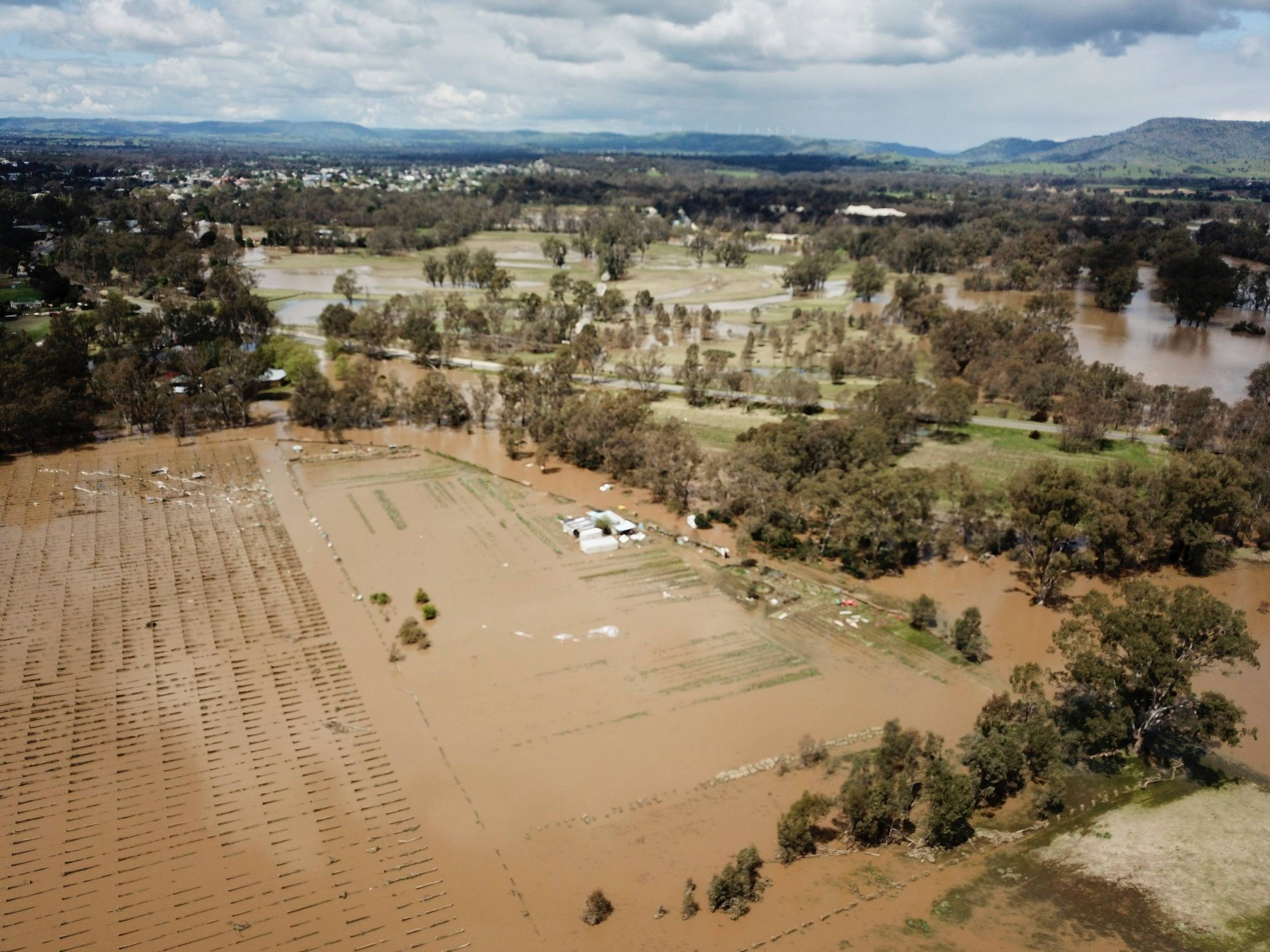
“Resilience was shown not by us after the flood, but by the community that surrounds us.”
Chloe, Seymour, Australia
In October 2022, Somerset Heritage Produce — a 4 acre vegetable farm on the banks of the Goulburn River in Seymour — was hit by the largest flood in centuries, which caused the river to burst its banks. The vegetables drowned under water for around four days ending the spring harvest completely as well as destroying critical farm infrastructure.
Most of the crops were lost, entire salad greens, leafy herbs and garlic harvests wiped out, all the annuals wasted. They hope to save the perennials — the rhubarb, asparagus, artichokes and woody herbs. Fences were swept away and the shipping container used as a cool store shifted a couple of metres and became wedged on its cooling unit. They also lost a 35-metre polytunnel and their pack shed needs repairs.
“We can’t build a dam around the river that surrounds our farm or a moat but we know we need to be adaptable if/when we get another flood or any other natural disaster.”
Their resilience depends on the strength of the community they have built around them — their neighbours at farmers markets; the chefs that depend on their heritage and heirloom varieties that are grown for flavour; the growers who share their commitment to cultivating a healthier future of food.
Ours was one of the many donations they received that helped them rebuild what they had lost with a host of willing hands on the ground. Another farm we work with – Timbarra – didn’t even ask, but took the initiative to start extra crops in greenhouses to donate to Chloe. This ensured the crops that needed to be started early like tomatoes and eggplants had the time to become established, so she didn't miss out on the season.
The value of these networks cannot be understated. This could have meant total collapse for Somerset Heritage Produce. Instead, they have built back stronger.
“Building strong food networks will ensure resilience in the future. That is what is so special about the way we farm. So different from big ag that is always fighting for market share. No secrets: we are here to all support each other, share knowledge and resources. We all grow together.”
Stories
Voir toutWe exist to fix the food system.
People are more cut off from the origins of their food than ever. This makes flavour, nutrition and farming practices that protect the planet, almost impossible to find.
By working directly with growers, we create a more sustainable way forward for farming. By giving everyone the tools to understand the power of our food choices, we empower everybody to become drivers of change.
Now is the time for action. Join the food system revolution.

Go beyond four seasons
Each fruit and vegetable has its own season, with subtle shifts which happen every day. Follow their microseasons to unlock flavour at every stage.
WHAT’S IN SEASON?

Know where your food comes from
We know the name of the people behind everything we source. Recognise their growing artistry to find out exactly where your food comes from (and why that matters).
MEET THE GROWERS

Make your diet diverse
Our growers work with varieties chosen for quality and nutrition, not yield. By selecting their crops you keep heritage seeds in play, add to ecosystem biodiversity and preserve unique flavours.
PEAK SEASON BOX
United Kingdom
© 2026 Natoora Ltd.


